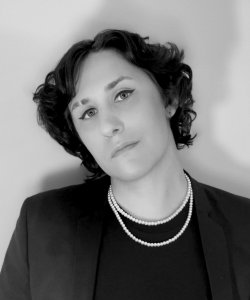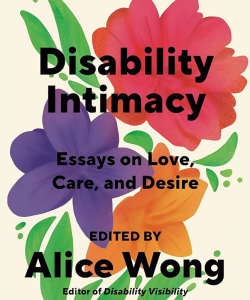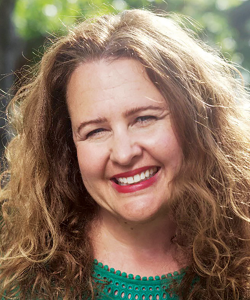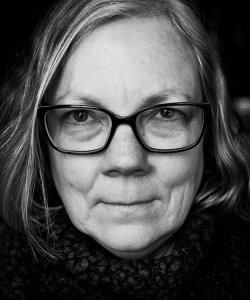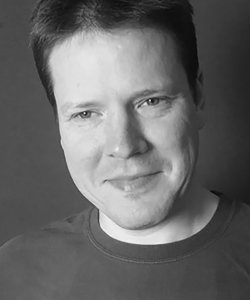The Written Image: Ghost(ed) Notes

Christine Sun Kim’s art practice uniquely melds different mediums with ASL to address her experience as a Deaf individual in a hearing-centric world, prompting viewers to reflect on accessibility and ableist exclusion.





